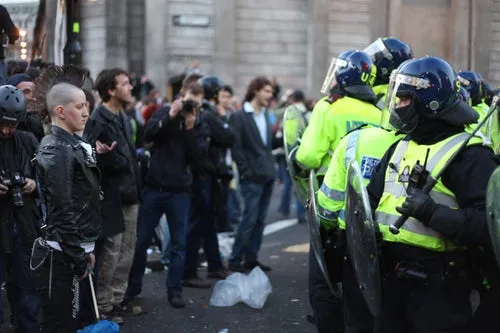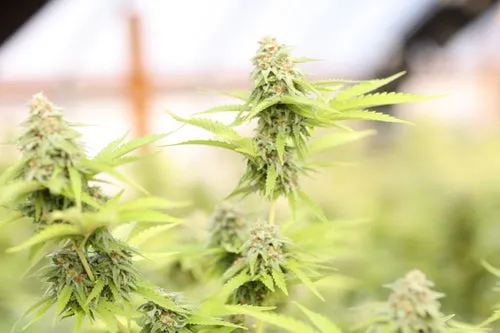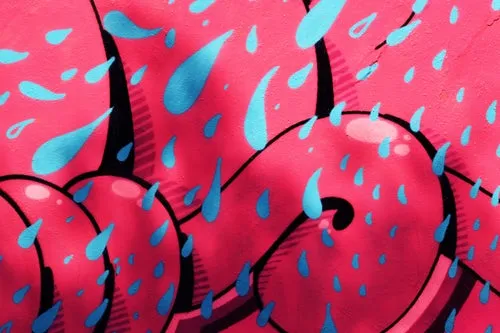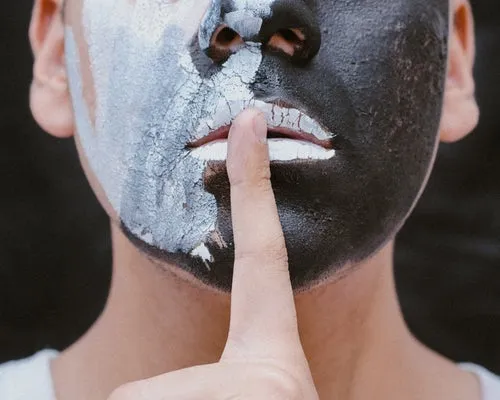
We have heard a lot discussion about free speech and censorship lately. There were hundreds or thousands of videos and articles covering the banning of Alex Jones from various social media platforms. Many others have been targeted too. Now, people who were unconcerned with the issue of censorship are becoming involved in the debate and that is great. However, there is a sort of censorship that is far more personal, far more pervasive, and enforced by the systems of authority with the threat of violence or imprisonment. To be specific, by prohibiting consciousness expanding drugs, the authority is censoring certain types of thought. They say that thinking the way that cannabis or psychedelics make you think is dangerous to the self or others and they persecute people who chose to think in those ways under that pretext but the real danger is to the authority itself. Many of the outlawed drugs have a way of allowing a user to see past the lies and propaganda that we have been fed throughout our lives and that type of understanding is threatening for those whose positions of power rely on the public's willingness to accept their official narratives. This is something that the authority would prefer not to allow and they have taken action to stop it in the form of the drug war. They will tell us that altering our thoughts is unacceptable. They will take the means to think in those altered ways by force and imprison anyone who possesses them or provides them to others. If that is not a form of "censorship" I don't know what is. Interestingly, I have seen few people frame the argument in this way. At any rate, I believe that if we concern ourselves with censorship (and we should), we should also concern ourselves with the drug war because, in practice, it outlaws specific ways of thinking and that is censorship of the mind.

I don't advocate for the use of every drug. Some of them can be quite problematic but I don't think that anyone should go to prison for any of them either. I don't believe that an authority or society has the right to tell a person what they can choose to do with their mind or body. To me, freedom isn't freedom, if one isn't free to make the wrong choices. In my opinion, every drug should be legal or, at least, decriminalized. However, when I talk about "consciousness expanding drugs" and why they threaten the systems of authority and are "censored" by those systems of authority, I am primarily referring to cannabis and psychedelics (though there are other valuable drugs). I am only writing this paragraph because I don't want to be accused of promoting crack, or heroin, or something. I can't say if those things are particularly mind expanding (I have never done them) but I suspect that they threaten the system and are banned for other (probably still self-serving) reasons.
I have written extensively about how psychedelics and cannabis can be mind expanding and how they can change a person's perspectives on the things that he or she has accepted as the truth so I don't want to spend too much time rehashing those topics here but I will briefly touch on them. Psychedelics can cause a shift in consciousness that is usually accompanied by an erosion of the "ego." That combination of effects seems to allow the user to take a uniquely objective look at what he or she has believed to be the reality that we inhabit. Without being colored by our cultural and personal baggage or by the propaganda that we have absorbed, our beliefs about the world and our places in it can be seen for what they truly are. That effect often has the benefit of washing away the lies that we all believe to be true because we have never bothered to question them. Cannabis on the other hand works differently. It does not violently burn the untruths out a person's mind in the way that psychedelic drugs would but it does seem to encourage a deeper level of thought. Where psychedelics do much of the work for a user, cannabis encourages the user to do the work on his or her own. One becomes more willing to reflect on things and to examine them. Cannabis increases curiosity and that often leads people down an inconvenient (for the authorities) path of discovery.

Both the rapid disintegration of approved the world views (caused by psychedelics) and the drive to find the flaws in those world views (potentially inspired by cannabis) are threatening to the systems of authority because their power often relies on our willingness to accept that what they say is the truth. I don't mean this is a "tin foil hat" sense either. We know that the government, the media, and the schools feed us propaganda. Almost anyone who sat through an anti-drug class and heard the ridiculous claims that they make knows this but "They" need enough of us to believe the lies, if "They" are going to continue to justify the policies. Before and during every war we are inundated with propaganda. Anyone, who is old enough to remember the build up to and early stages of the second Iraq war, should recall general Colin Powell and the little vile of anthrax that he dangled in front of the American people to justify the military action. Enough of us were scared into unquestioning support of that war while anyone with a dissenting opinion was ostracized (The Dixie Chicks, for example). The authorities know that these sorts of lies are harder to sell when there is a free thinking and curious population (as there would be, if we had easy access to cannabis and psychedelics). They can't ban thoughts (I am only half-joking when I say that they are probably working on it, though) but they can take away the tools that allow us to think more freely or to think in unique ways and that accomplishes the same goal.
By preventing us from legally reaching the states of consciousness that are brought into existence by the use of thought provoking drugs, the authority is censoring our minds. Other than having the power to cause a change in a person's consciousness, a psychoactive drug is no different than any other inanimate object. If it was not for those abilities, they would not be prohibited. While it is the substance, itself, that is banned, the purpose of its prohibition is to prevent people from partaking in its use. The authority says "the way that those substances make you think is 'dangerous' and we cannot allow you to think like that." To my mind, this is a clear act of censorship and, in some ways, a more troubling one than the high profile cases of traditional censorship that we see involving people like Alex Jones. Most obviously, it goes beyond limiting our speech because it intrudes on our ability to think freely. Thinking is the "conversation" that one has with the self and when the the authority criminalizes a drug and prevents an individual from controlling his or her internal "speech," it is denying protection to that "speech." This censorship of the mind is also enshrined into law and carries criminal penalties which makes it an order of magnitude worse than the recent attacks on the spirit of free speech by social media companies (though that is also a serious issue in its own right).

Call me crazy if you would like to but remember that the systems of authority, to which we are subject, have both the means and the motive to try to censor our thoughts through the use of drug prohibition. We know that "They" lie to us and we know that some drugs can help us to see through those lies. The government runs the schools (here and in many other countries) where they can present their propaganda to captive and impressionable audiences. They pass the laws and pay for the law enforcement. Criminalizing drugs is a simple enough action to take, it can be justified with lies, and it serves the interest of the authority. This doesn't prove me right when I say that drugs laws are a form of censorship, of course, but when one looks at how drug prohibition functions to prevent us from altering our thought and at how preventing us from thinking in those ways benefits the system of authority, this issue starts to resemble other, more familiar, forms of state sponsored censorship.
Peace.
All the images in this post are sourced from the free image website, unsplash.com